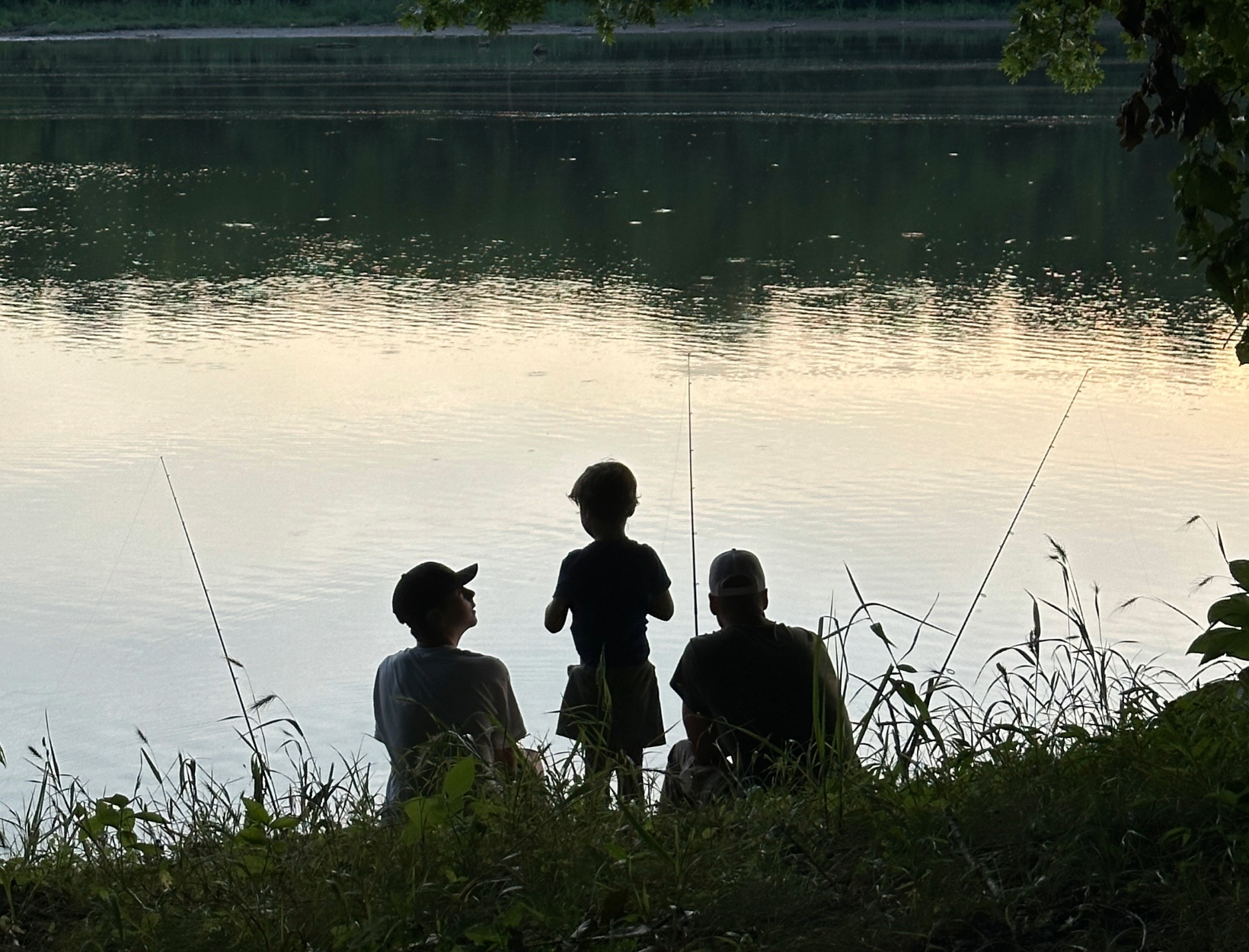10 Ways to Raise Team Players in a ‘Me First’ World

Our society has shifted dramatically from “we” to “me,” and parents are noticing the effects. As we raise the next generation, development psychologist Dr. Aliza Pressman believes we need to actively counter this self-focused trend by teaching kids the vital skills of teamwork and collaboration.
“We’ve lost a little bit of that sense of teamwork, collaboration, and community,” Dr. Pressman says on Raising Good Humans. Here’s her practical advice for nurturing these essential social skills.
Teamwork and Collaboration Skills in a ‘Me’ Generation
1. Engage in team sports
Team sports build more than just physical endurance—they develop crucial problem solving skills and help kids navigate interpersonal dynamics of a team.
Dr. Pressman explains that learning to handle both victory and defeat gracefully is essential: “Take losses. Take wins. Be a good loser. Be a good winner.”
She encourages parents to shift their focus from raising star athletes to raising great collaborators and teammates. “There are plenty of kids who drop team sports in high school because it’s gotten too intense. It’s about commitment and about getting the healthy benefits of moving every day,” she says.
If your child does not like sports, she suggests having them try a different kind of team activity like theater or choir. The goal is simply to learn the skill of working in a group.
2. Embrace teamwork through group projects
Look beyond school for group project opportunities—family clubs, community activities, or interest-based groups all work. The key is collaboration and ensuring each member has a defined role and approaches the task creatively.
A children’s book club, for example, could involve games related to the book or cooking a meal inspired by the story. These activities foster collaboration while making learning more engaging.
3. Have a family game night
Family game nights—either within your household or including other families—provide perfect opportunities for team building. Divide into smaller groups so that everyone has to work together to win.
“Play cooperative games that require collaboration in order to win the game,” suggests Dr. Pressman. “Game nights are also fun rituals that you can give your kids to cultivate a sense of community.”
4. Transform household chores
Everyday household tasks offer powerful teamwork training. Creating routines and chores where children work alongside you on cooking, grocery shopping, or cleaning demonstrates working together.
“Doing those seemingly mundane things together is both bonding and it’s skill-building,” Dr. Pressman says. It shows kids how individual contributions support the family as a whole.
5. Celebrate collective wins
While time is precious, Dr. Pressman says celebrating group wins is always worth it. “Anytime there’s a group activity: Mark it. Celebrate it. Make sure it’s clear that that’s a value that you have,” she explains.
These celebrations teach children that it’s not about the win itself. “Teamwork is something that is worthy of celebration because you’re bringing different personalities, people, opinions, dreams, and goals. You’re finding something shared, and you’re finding a way to all work together,” Dr. Pressman says.
6. Encourage looking outward
Before collaboration comes consideration—thinking about other people and their needs and experiences. Dr. Pressman says looking outward and considering how other people feel is important in a culture that focuses so much on self-reflection.
“It’s so wonderful that we have gotten to a place where we’re paying attention to our feelings. But we don’t want it to be at the cost of wondering about the experience of others. It’s about moving to ‘What can I do to help other people?’” Dr. Pressman explains.
7. Teach conflict resolution skills
Conflict resolution is inseparable from effective collaboration. Without these skills, children tend to avoid group activities entirely. Dr. Pressman encourages parents to teach children how to work through disagreements: “Gently coach young people by teaching them questions to ask to solve the conflict, to think about the desired goal, to think about what the other person wants as a goal, and to learn how to compromise.”
These skills prepare kids for future relationships and workplaces. “When you can learn how to have strategies to resolve disagreements, which are inevitable in every collaboration, interaction, community setting, or team, you are so ahead of the game because you know this is just part of the process,” she explains.
8. Volunteer as a family
Choose service projects that align with your family’s values. Working together to help others combines teamwork with empathy and development. “It gets you outside of self and fosters empathy. It also requires communication and teamwork, which makes you passionate about it,” Dr. Pressman says.
9. Incorporate group discussions
The goal here is to set aside intentional time for family conversations, whether during car rides or at the dinner table. The specific topic matters less than the practice of engaged listening and sharing. “It’s the idea of shared conversation,” Dr. Pressman explains. “When we’re forced to be listeners and thinkers, we all show up.”
10. Value diverse perspectives
When discussing complex topics like politics, encourage children to consider different viewpoints. “It’s important to understand what the benefits are of having diverse ideas.”
She adds that this practice begins at home: “Encouraging diverse perspectives starts in our households and at our dinner table conversations. It is saying, ‘Let’s listen and think about different perspectives so that we can be better community members in this world.’”




















Leave a Reply